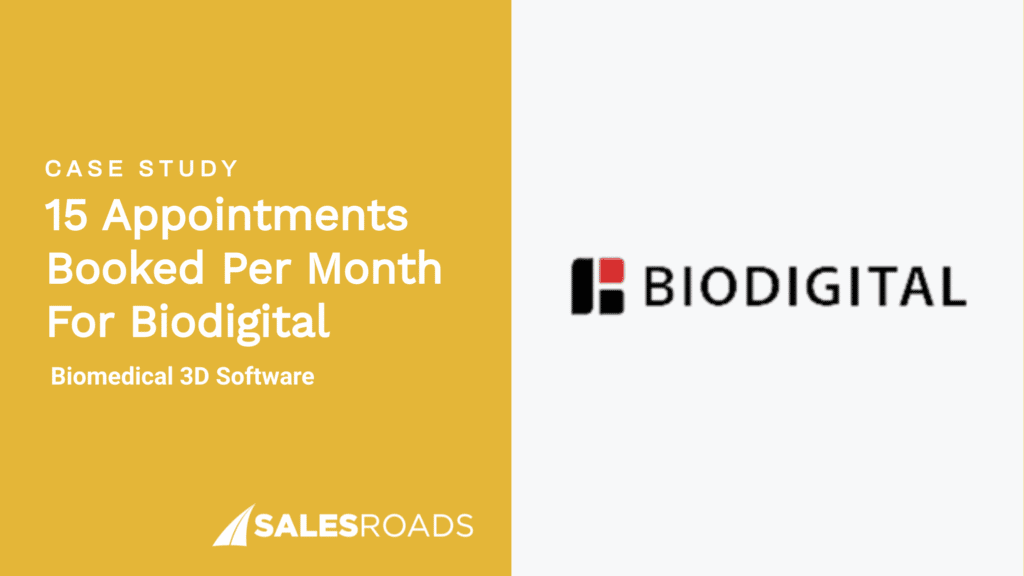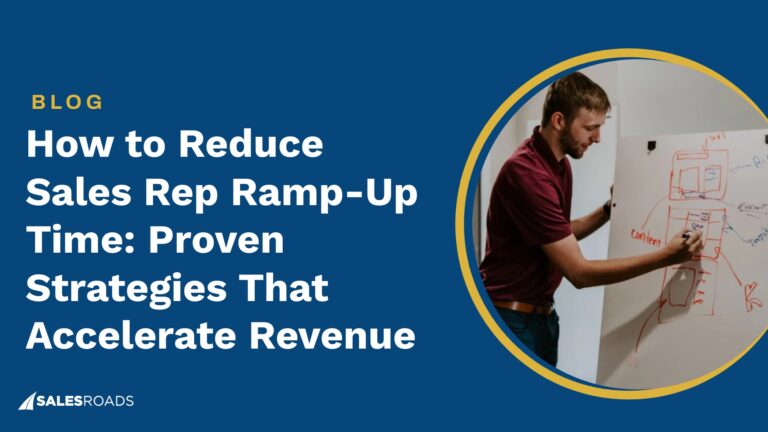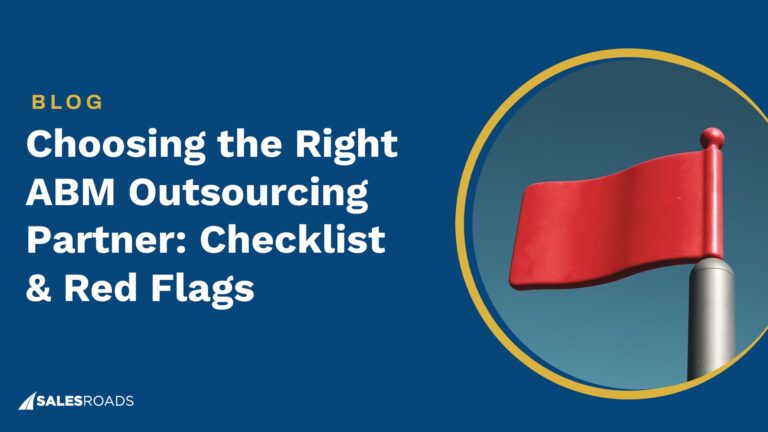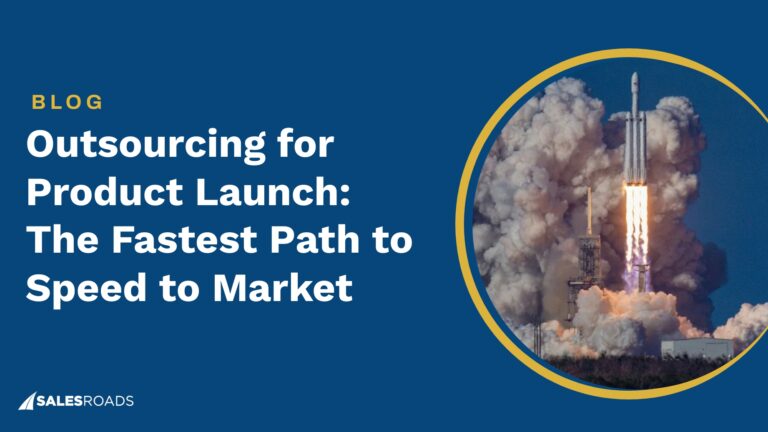Managing leads and building strong customer relationships is crucial for driving sales and long-term growth. But with so many tools out there, how do you know which ones are the right fit? That’s where Lead Management Software (LMS) and Customer Relationship Management (CRM) come in.
These two systems are game-changers when it comes to tracking and nurturing prospects and customers, but each serves a different purpose.
In this article, we’ll dive into the key differences between LMS and CRM, how they complement each other, and why understanding when and how to use each can make a big difference for your business.
What Is Lead Management Software (LMS)?
LMS is a tool designed to help businesses organize, track, and manage leads throughout the sales funnel. It enables sales teams to capture leads, track their interactions, and prioritize follow-ups.
LMS aims to ensure that no potential customer falls through the cracks by providing a clear system for managing all incoming leads. Automating and streamlining lead processes helps increase efficiency, improve lead conversion rates, and ensure a more personalized experience for each lead.
LMS works by integrating with other systems like Customer Relationship Management (CRM) software to give businesses a comprehensive view of their leads and customer data. This integration ensures that all lead data flows seamlessly between systems, giving sales teams the insights they need to take the right actions at the right time.
With lead management software, you can drive better sales results and foster long-term customer relationships.
What Does CRM Stand For?
CRM refers to a strategy and set of tools that businesses use to manage their interactions with current and potential customers. CRM software is essential for keeping track of customer information, communication history, and sales activities.
By consolidating all customer data in one system, CRM helps businesses understand their customers better, improve customer service, and boost sales performance.
In fact, Salesforce reports that businesses using CRM software experience a 29% increase in sales, a 34% boost in sales productivity, and a 42% improvement in the accuracy of sales forecasts.
CRM systems also play a crucial role in lead management, as they provide the tools for tracking leads, nurturing them, and converting them into customers. When integrated with LMS, CRM ensures that sales teams have access to up-to-date lead information, helping them to prioritize and personalize their outreach.
Together, LMS and CRM systems form a powerful combination that improves both lead generation and customer relationship management.
Key Differences Between LMS and CRM
While both LMS and CRM play essential roles in a business’s sales and marketing strategy, they serve distinct purposes and functions.
Understanding the differences between these two systems can help businesses choose the right tools to optimize their lead generation and customer relationship processes.
LMS is primarily focused on managing leads as they move through the sales pipeline. It captures, tracks, and nurtures potential customers, ensuring that leads are properly followed up on and have the best chance of conversion.
The primary goal of LMS is to improve lead generation and conversion rates, ensuring no opportunity is overlooked.
On the other hand, CRM is broader in scope and focuses on managing relationships with both leads and existing customers. It helps businesses track all customer interactions, monitor sales activities, and maintain detailed customer records.
The purpose of CRM is to foster long-term relationships, enhance customer satisfaction, and drive repeat business.
Though their focuses differ, LMS and CRM systems can work together seamlessly. LMS handles the early stages of the sales process, while CRM manages ongoing interactions with customers.
With LMS and CRM integration, businesses can ensure that lead information is shared between the two systems, providing a complete view of customer interactions from the first touchpoint through to post-sale support.
| Category | LMS (Lead Management Software) | CRM (Customer Relationship Management) |
| Purpose | Manages and tracks leads through the sales funnel to improve lead conversion. | Helps businesses manage relationships and interactions with customers. |
| End Users | Primarily sales teams and marketing departments focusing on lead generation and conversion. | Sales teams, customer service, and marketing teams focused on managing customer relationships. |
| Core Functions | Lead capture, lead tracking, lead nurturing, and lead scoring. | Contact management, sales tracking, communication history, and customer service management. |
| Integration Capabilities | Integrates with CRM systems to provide a complete view of leads and customers. | Integrates with LMS and other business tools to manage all customer interactions and data. |
Purpose
The primary purpose of LMS is to handle leads efficiently, ensuring they are captured, tracked, and nurtured through the sales process. This focus on lead conversion helps businesses increase sales opportunities.
In contrast, CRM is designed to manage ongoing relationships with existing customers, tracking interactions and maintaining a record of customer information over time.
End Users
LMS is typically used by sales teams and marketing departments that are focused on lead generation and conversion. These users rely on the software to track and nurture leads, ensuring they don’t lose out on sales opportunities.
CRM, on the other hand, is used by a broader range of business teams, including sales, customer service, and marketing, to manage ongoing customer relationships and deliver excellent customer service.
Core Functions
The core functions of LMS revolve around capturing and managing leads, scoring them based on their potential, and automating follow-up processes to ensure no lead is neglected. CRM focuses more on managing the entire customer lifecycle, including tracking sales activities, recording communication history, and offering customer support.
While both systems help with sales, LMS is specifically geared toward lead conversion, and CRM is geared toward maintaining customer satisfaction and loyalty.
Integration Capabilities
Both LMS and CRM systems can be integrated to create a seamless flow of information. LMS and CRM integration ensures that all lead and customer data is synced between the two systems, providing sales teams with the most up-to-date information about their leads and customers.
This integration enables more efficient follow-ups, better customer insights, and ultimately a higher conversion rate.
Use Cases Where LMS Is the Best Fit
LMS is particularly valuable in scenarios where businesses need to focus on capturing and nurturing leads through the sales funnel.
Here are a few use cases where LMS is the best fit:
- Lead Generation Campaigns: When running targeted marketing or advertising campaigns to generate new leads, LMS is ideal for capturing and organizing incoming prospects. It allows businesses to track each lead’s progress, ensuring they are contacted and nurtured at the right time.
- Lead Scoring and Prioritization: For sales teams handling a large volume of leads, LMS can help score and prioritize leads based on their likelihood to convert. This makes it easier for sales reps to focus their efforts on the highest potential prospects, improving conversion rates and efficiency.
- Automated Follow-Ups: LMS is perfect for automating follow-up emails, reminders, and notifications. This ensures leads are continuously nurtured, even when sales reps are busy with other tasks. Automated workflows can streamline lead management and reduce the risk of missing opportunities.
- Tracking Lead Progress: LMS helps sales teams track where each lead is in the pipeline, allowing them to make data-driven decisions about follow-up strategies and next steps. It ensures leads are never lost or overlooked.
Scenarios Where a CRM Is Ideal
CRM software is the go-to tool for businesses focused on managing long-term customer relationships.
Here are a few scenarios where a CRM is the ideal choice:
- Customer Support and Service: A CRM system excels in tracking customer interactions and providing a centralized place for customer service teams to resolve issues and provide ongoing support. It ensures a consistent experience for customers across all touchpoints.
- Managing Existing Customers: Once leads are converted into customers, CRM and lead management come into play to track sales history, communication, and any ongoing needs. This is essential for fostering loyalty and encouraging repeat business.
- Sales Tracking and Forecasting: Sales teams rely on CRM to track ongoing deals, measure performance against targets, and forecast future sales. By centralizing all customer and sales data, CRM helps teams stay organized and make informed decisions.
- Personalized Marketing: CRMs allow businesses to segment customers based on behaviors, preferences, and purchase history, enabling more targeted and personalized marketing campaigns. This can increase engagement and drive revenue growth.
Can LMS and CRM Work Together?
LMS and CRM can work together seamlessly to enhance a business’s sales and customer relationship strategies. LMS and CRM integration ensures that lead information flows smoothly between both systems, providing a holistic view of the customer journey.
When a lead is captured in the LMS, it is tracked through the early stages of the sales funnel. Once the lead is ready for conversion or becomes a customer, the information is passed into the CRM. From there, the CRM takes over, tracking all interactions, managing post-sale communication, and nurturing the relationship long-term.
By integrating LMS with CRM, you can create a smooth transition from lead generation to customer management, ensuring no opportunity is missed. This integration also enhances data accuracy, allowing for better insights, streamlined workflows, and more effective communication across teams.
Ultimately, combining the strengths of both systems can lead to better customer experiences and increased sales performance.
Bottom Line
When choosing between LMS and CRM, it’s important to align the tools with your business needs. If you’re focusing on lead generation and conversion, LMS is essential for managing leads through the sales pipeline.
However, once those leads become customers, CRM becomes invaluable for maintaining strong relationships and driving long-term growth.
The true power lies in integrating LMS and CRM, combining the strengths of both systems to create a seamless experience for your team and customers.










